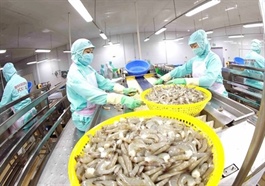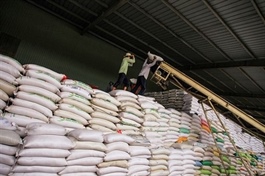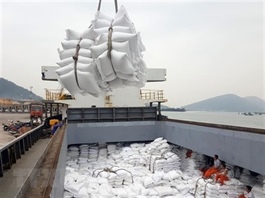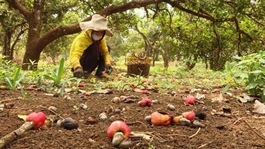China as Việt Nam's largest wood chip export market
China as Việt Nam's largest wood chip export market
China is Việt Nam's largest wood chip export market last year.
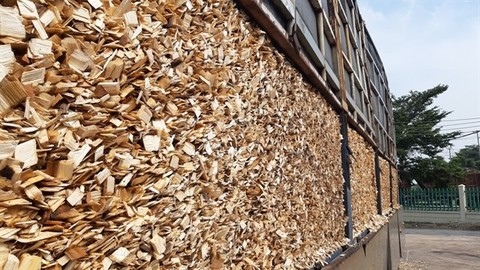
Việt Nam exported over 9.38 million tonnes of wood chips to the Chinese market last year. — Photo vnbusiness.vn |
Việt Nam exports wood chips to 13 markets in 2023. China, Japan and South Korea are the country's three main wood chip export markets.
Việt Nam exported over 9.38 million tonnes of wood chips to the Chinese market in 2023, reaching over $1.43 billion, accounting for 65.1 per cent in volume and 64.7 per cent in value.
In the Chinese market, the average export price of wood chips decreased from $183 - $185 per tonne at the beginning of last year to less than $140 per tonne in the middle of the year, then rose slightly in the last months of the year but remained below $150 per tonne.
Ranking second is the Japanese market. The price of wood chips declined by up to $36 per tonne last year.
Specifically, the price of wood chips exported to this market was $181 per tonne in January last year but fell to $145 by December.
Wood chip exports to the Korean market reached 548,590 tonnes, reaching $91.88 million, accounting for 3.8 per cent in volume and 4.1 per cent in value.
Similar to the Japanese and Chinese markets, export prices to the Korean market have decreased by $27 per tonne last year with strong fluctuations during the year.
The market recorded an average export price of $200 per tonne in January, 2023, but the price decreased continuously to bottom out at $136, but bounced back to $172 in the last months of the year.
The Việt Nam Timber and Forest Product Association said that the demand for imported wood chips in the Chinese market would tend to continue to decline in the near future, leading to a decline in chip export prices in this market.
In general, the export market structure of wood chips will not change significantly in the near future.
However, the wood chip industry will continue to compete in raw materials with the pellet industry, especially in the Northern provinces because planted forest wood is the main input for both industries in this area.
Therefore, businesses and management agencies need to consider investing in building up raw material sources to ensure a stable supply for production and export.









